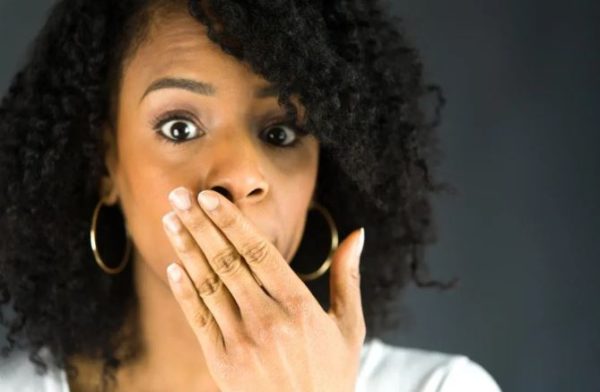Lifestyle
4 mind-blowing facts about hiccup

Everyone gets a case of the hiccups. It is caused by spasms in the diaphragm that can occur for pretty much no reason.
Hiccups can be incredibly frustrating — especially since they seemingly come out of nowhere. Despite being a common occurrence, scientists still aren’t entirely sure why hiccups happen or how to cure them.
From the strange things that might cause them to their technical term, here are four things you probably didn’t know about hiccups:
1. Hiccups can be caused by anything from stress to changes in temperature
Hiccups can be caused by a number of things. Alcohol consumption, smoking, sudden changes of temperature (both inside of and outside of your stomach), a bloated stomach from overeating, shock, stress, and excitement have all been linked to causing short term bouts of hiccups. Long term hiccups can be caused by gastrointestinal or respiratory distress and diabetes.
2. None of those home remedies work
Hiccups only last for a few minutes and there are no recognized remedies to make them stop aside from doctor-administered medicine. So drinking water, holding your breath, or getting scared actually doesn’t help. It’s likely that by the time these events occur, the hiccups have naturally stopped on their own.
3. One superstitious standpoint are that hiccups are caused by hate
An old wives’ tale asserts that you only have hiccups when someone is talking about you in a negative way and that the only way to cure it is to guess the name of the person who is doing it. Of course, this isn’t true because if it were there would be people on this planet who would never stop hiccuping! In Russia, an old folklore states that hiccups occur when someone is thinking about you (good or bad). A third superstition asserts that hiccups mean that you are cursed with bad luck and that satan lives inside of you.
4. If hiccups last for more than 48 hours, there’s an underlying cause
Random bouts of the hiccups are perfectly normal and aren’t the sign of any disease. That is, of course, they last for longer than two days. If that’s the case then there’s an 80% chance that there’s something else wrong that’s causing hiccups. The other 20% is usually psychological problems. In any case, if you have them for that long, there’s something else wrong.






